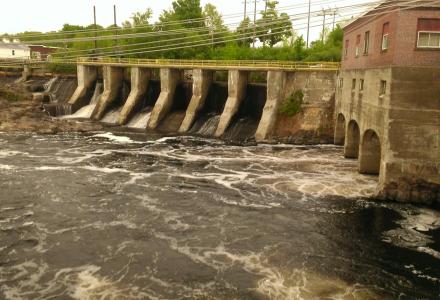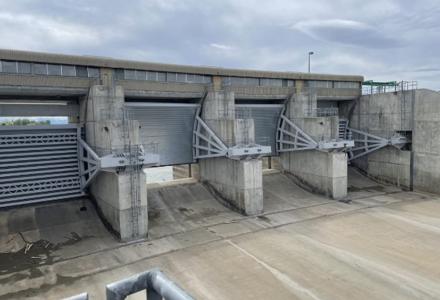
Sure, hydrologists, engineers and other technical experts rely on years of training and experience as they work on modeling and reports about flooding and its causes and impacts along Lake Champlain and the Richelieu River. But they don’t do it in a vacuum.
When the International Join Commission created the Lake Champlain-Richelieu River Study Board, they tasked it with looking at the science of how and why flooding occurs across the watershed, and potential mitigation measures to limit the impacts of flooding in Canada and the United States. And the mandate didn’t stop there. The study board also was tasked with engaging the community in its work — reaching out to state and provincial agencies, local municipalities, property owners, businesses, indigenous people, interest groups, farmers and recreational users in the watershed.
The study board has outreach coordinators in Canada and the United States to ensure open lines of communication with its various constituencies. This is a two-way street, with the public learning about the work of the board and the board hearing questions and concerns from the public.
There are formal public meetings scheduled throughout the project (the next will be held in spring 2020), along with smaller informal meetings on both sides of the border where the public or key interest groups are invited to hear presentations from board members and other experts. Such informal meetings were most recently held the week of Aug. 12-16 in New York and Vermont.
This year, the study board team is trying something new in Vermont and New York by going beyond traditional meetings and reaching out to the public in places where people already congregate. Public Advisory Group members are volunteering at information tables at farmers markets, county fairs and community festivals. Other outreach meetings are planned in Quebec in the fall.
The goal is to ensure a wide range of opportunities to receive comments and suggestions to pair scientific and technical information with input from first responders, local leaders, recreational groups, homeowners and others.
When it completes its work, the study board will present its recommendations to Commissioners on how best to mitigate and monitor flood risks across the Lake Champlain-Richelieu River basin.
If you live, work or play near Lake Champlain, keep an eye out for a study board informational table at community events and stop by to say “hello” and learn more about the work the team is doing.
You also can learn more by visiting the study board website. Be sure to scroll to the bottom of the page and sign up to receive email updates on the project.
To ensure this work is as beneficial and useful as possible, it’s important to meld technical data and models with real-life experiences of people whose lives are impacted by flooding along Lake Champlain and the Richelieu River. The study board wants to talk with you. And maybe that chat can be amid the vibrant greenery of our region’s farmers markets.

Bill Richmond of New York is a US outreach coordinator for the Lake Champlain-Richelieu River Study.




